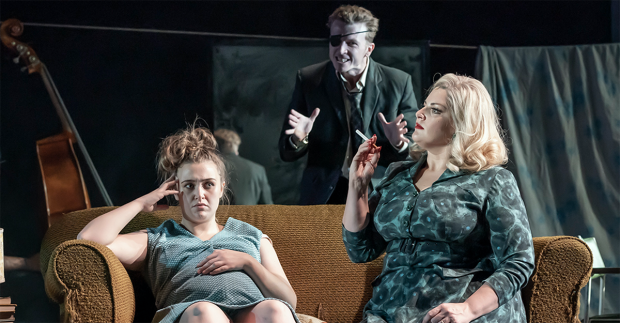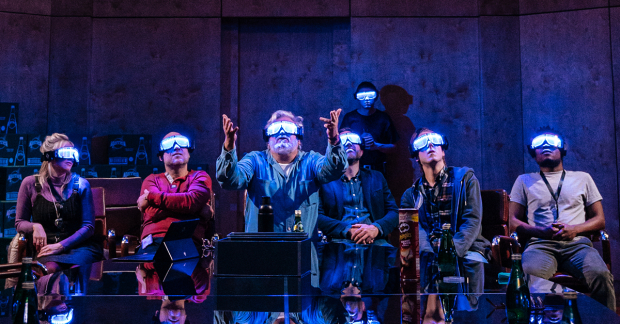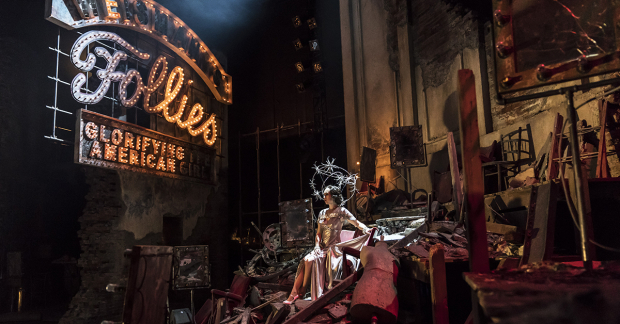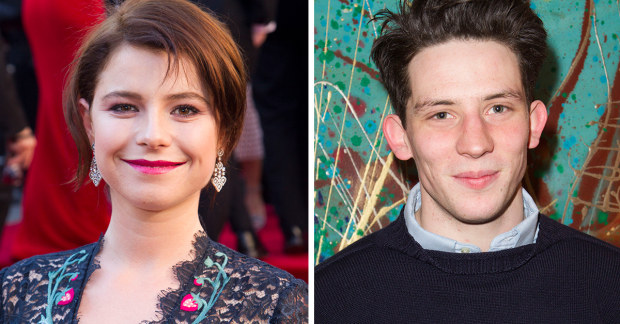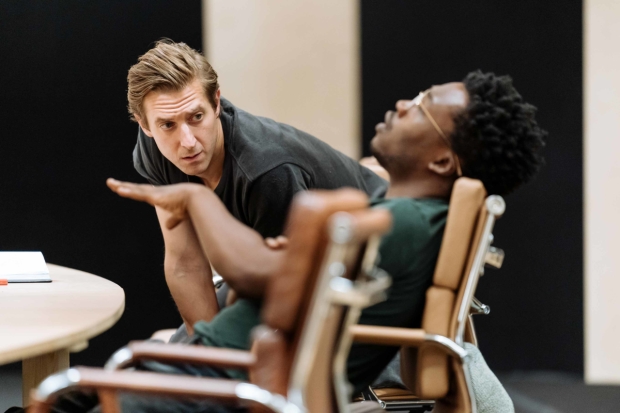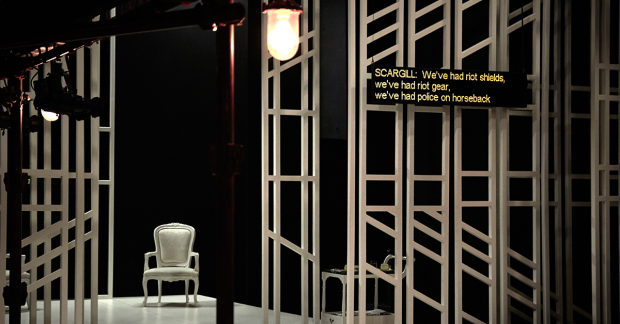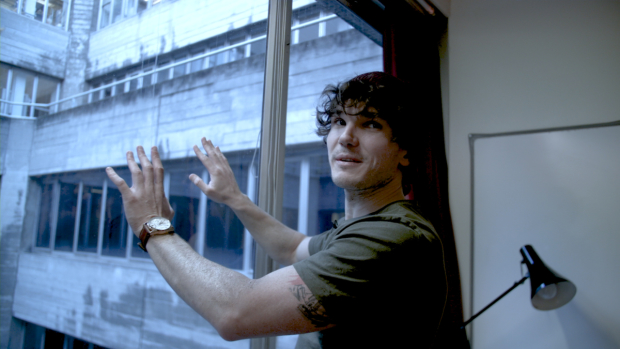Review: My Brilliant Friend (National Theatre)
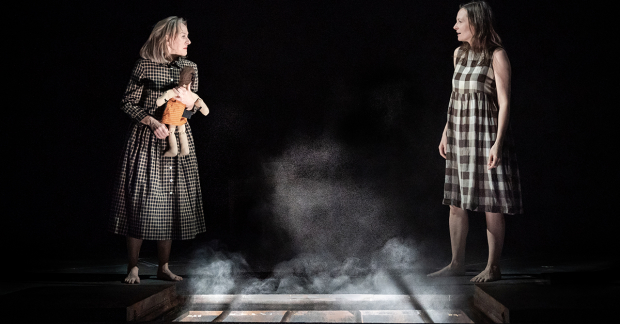
© Marc Brenner
It's easy to see why theatres like staging popular novels; a familiar title guarantees audience interest in the way that a new play might not. And if you're looking for a popular epic novel of recent times, none could be more enticing than the four volumes that made up Elena Ferrante's Neapolitan Novels, a story of a six-decade friendship between two girls.
I've followed the phenomenon of those books – 10 million copies sold in 40 countries – without ever becoming part of it, so I came to the National's staging of an adaptation of April De Angelis, originally seen at the Rose Theatre, Kingston, with an open mind, ready to be entranced. I left unconvinced. I admired the fluency of the staging but wondered at its purpose.
It's clear that De Angelis has done a magnificent job of compression. Over five and a half hours and two plays, she crams in an enormous amount of plot as we follow Lenù (Niamh Cusack) and Lila (Catherine McCormack) from childhood poverty through abusive relationships with husbands and lovers, to Lenù's success as a novelist and disaffection and disillusion with each other. In the background of their lives huge events happen: an earthquake, the rise of the Red Brigade. Their destinies are shaped and distorted by the changes, most of all by the continued but evolving presence of the Camorra, as represented by the Solara family, who control life in their part of Naples.
Director Melly Still and designer Soutra Gilmour stage all this with some flair. This is a production full of lovely, imaginative touches. High stairs dominate the space, turned and twisted to form each scene. A dress falls from the topmost platform to represent Lila being pushed out of a window by her father when he beats her for disobedience; when she is raped on her wedding night, it is again a dress that we see brutalised. Tai Yarden's ever-changing back projections, in their mixture of pen and ink sketches, computer graphics and film remind us that this is a story being written as well as being lived. Music, costume and sound push us on through the decades.
De Angelis honours the book's principal theme, as well – the idea that in a patriarchal and brutal society women will only control their own lives and destinies if they can stop themselves being erased from the story, if they can stop their bodies dissolving into the background of other people's wants and desires. "Until we write our own texts, we won't know who we are," Lenù argues.
For three-quarters of its running time, I was entertained. I wanted to know more about the friendship between scared, conventional Lenù and wild, terrifying Lila that powers the show, between one striving for order and record and one fearing order and demanding deletion. But the plot and story held me in its grip. Then the last act arrived and the whole thing just fell apart: the narrative is so packed and melodramatic that I was suddenly aware of exactly what I was missing. A novel is a form of interiority. However clever a staging, it will always remain external.
This sense is increased by the fact that all the male characters, without exception, are cartoons and no actor – often swapping roles – managed to make anything more than a shell out of them. The women are, without exception, stronger and more interesting and the performances from McCormack and Cusack are vivid, heartfelt and exceptional.
McCormack has the more difficult task: Lila goes from being a factory worker to a freedom fighter to a computer programmer before the interval of the second play. There's not a lot for her to hold on to with such swinging change, but she never loses track of Lila's frustration, clear-sightedly railing against a society that seeks to deprive her of everything, but determined to hold on to her own sense of self. Her delicate delight in her brilliant friend as well as her jealousy of her, is superbly caught.
The irony is, of course that Lenù thinks Lila is the brilliant one. Cusack's ability to register each flicker of feeling as she negotiates her relationship with a woman she both admires and is envious of, is unparalleled. For long passages – she is barely off the stage – it is her face, full of complicated unspoken, half-thought unease, regret and longing that powers the entire production. For all its business and energy, it is her still centre that holds.



